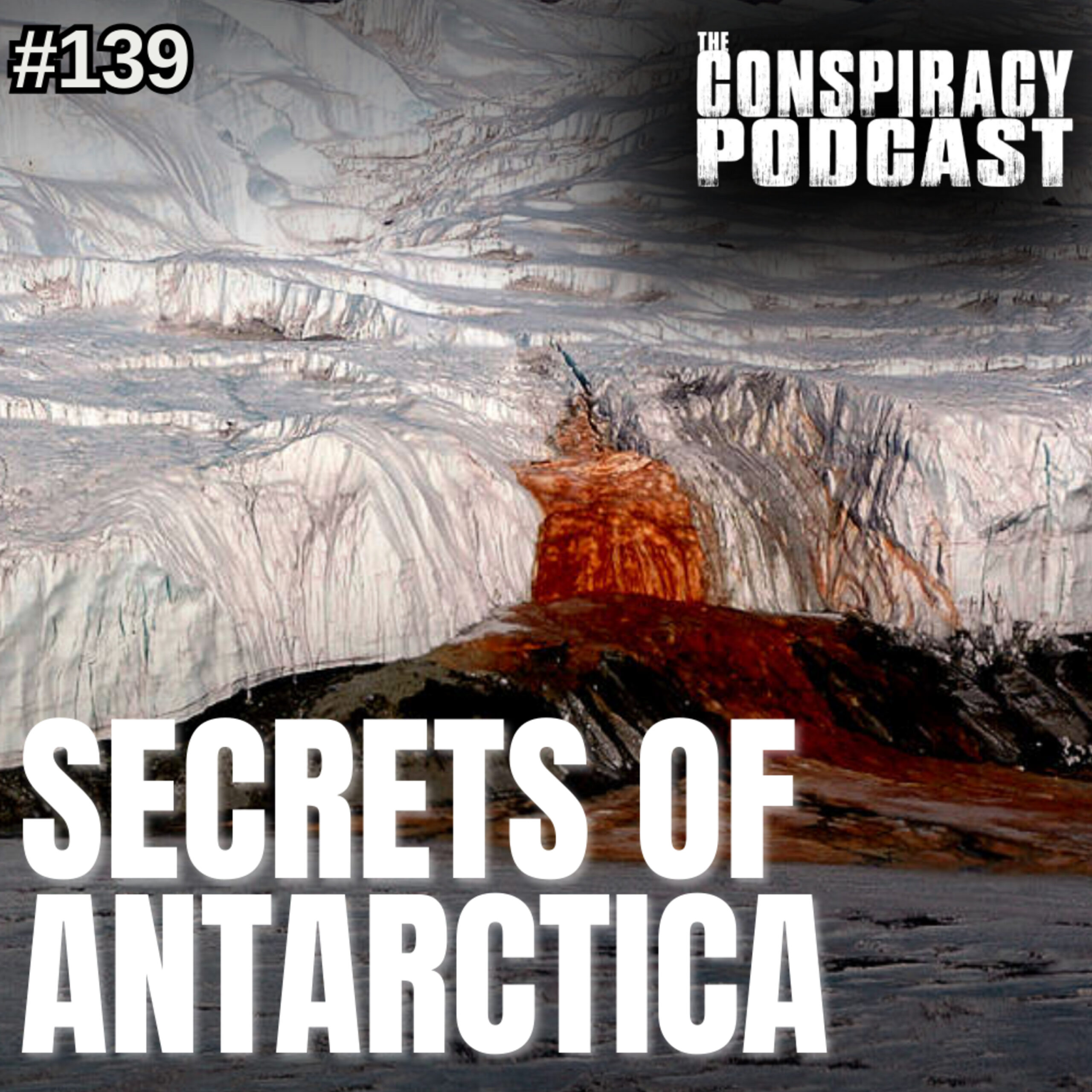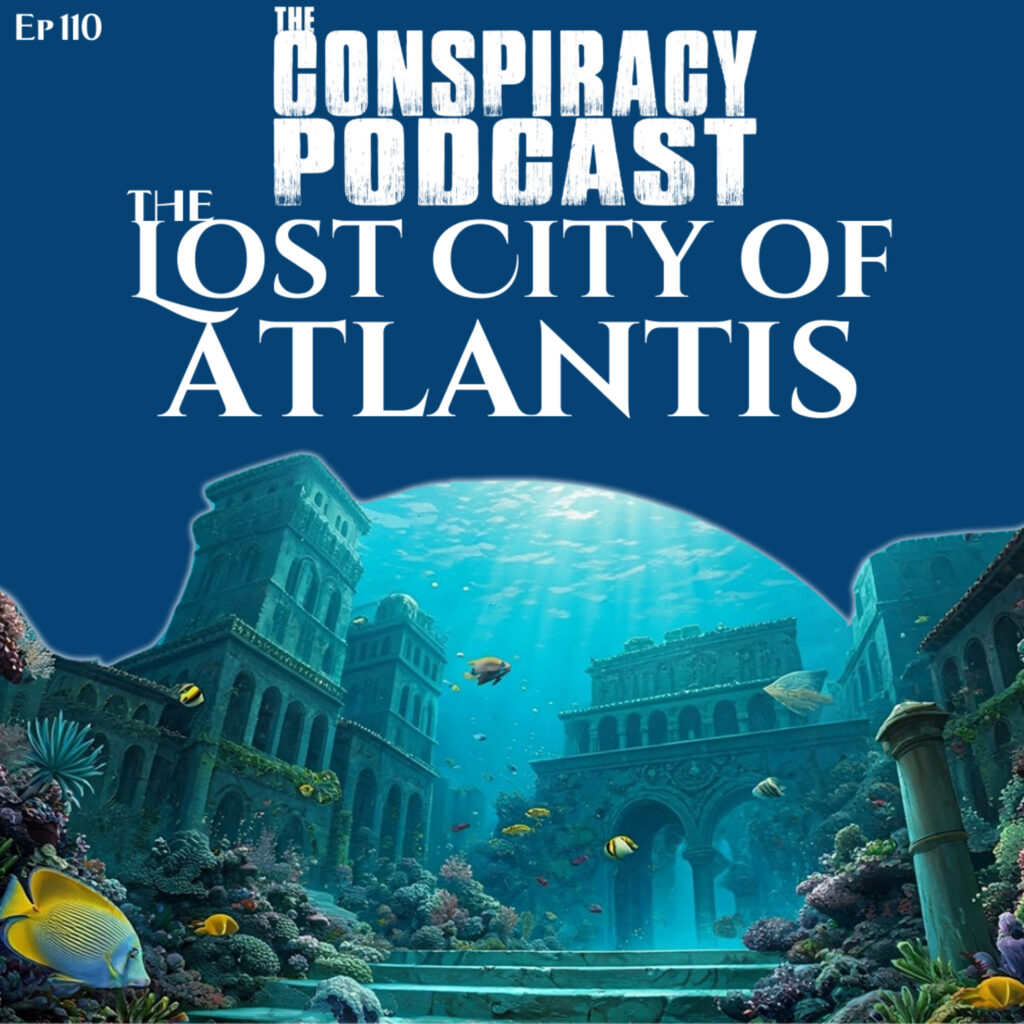
One of the greatest mysteries of all time: Atlantis. What began as a single line in Plato’s Timaeus—an island swallowed by the sea in a day and night—has fueled over two thousand years of obsession, speculation, and wild theories.
This episode unpacks the origins of the legend, starting with Plato himself. A philosopher, not a historian, Plato introduced Atlantis through dialogues meant to explore morality, politics, and the collapse of civilizations. The tale he tells is rich in detail: a powerful island kingdom of concentric harbors, gleaming temples, and divine bloodlines, eventually undone by its own corruption.
From the Temple of Poseidon and its golden statue to the mysterious red metal orichalcum, the description of Atlantis feels more like a blueprint than a metaphor. Yet the story ends abruptly, with Zeus about to speak—and then nothing. Plato left us with a cliffhanger that still echoes.
The boys then trace the legacy of Atlantis through history—from the Renaissance age of exploration to Ignatius Donnelly’s 1882 book that claimed Atlantis was the mother of all civilizations. They break down the leading location theories, including Santorini’s volcanic past, the eerie rings of the Richat Structure in the Sahara, the underwater anomalies near the Azores, and even Antarctica under the ice.
But it doesn’t stop at geology. Atlantis has become a cultural mirror—showing up in alien lore, Nazi expeditions, New Age mysticism, and blockbuster films. Was it real? Was it metaphor? Or something in between?
Whether Atlantis was fact, fiction, or fable, one thing is clear: it’s a legend built to last.




